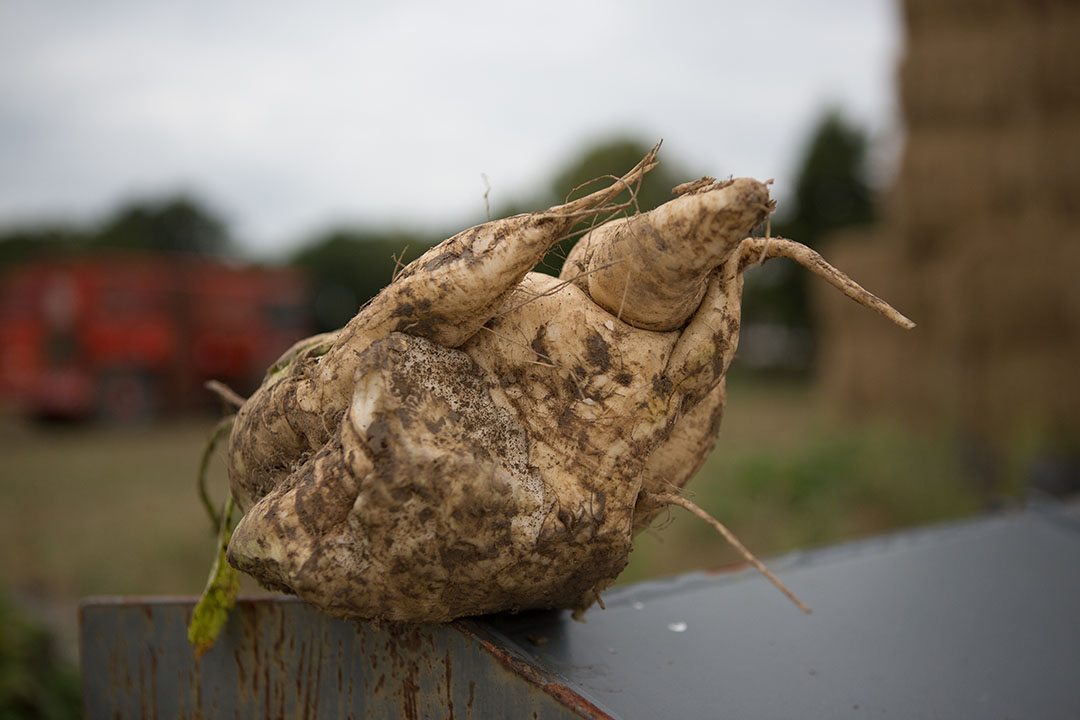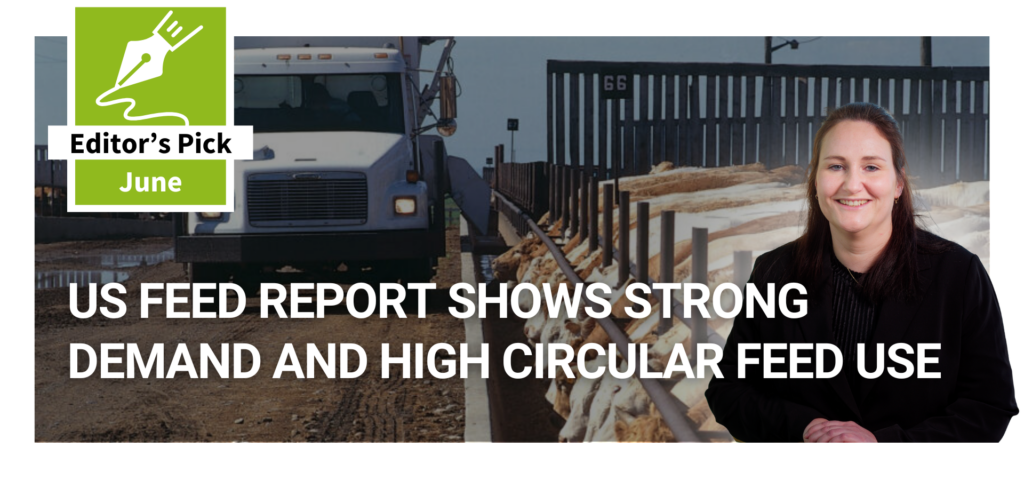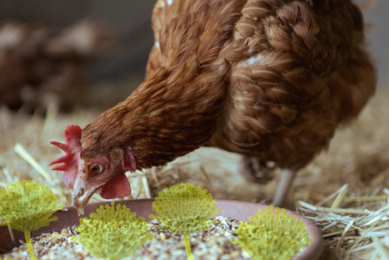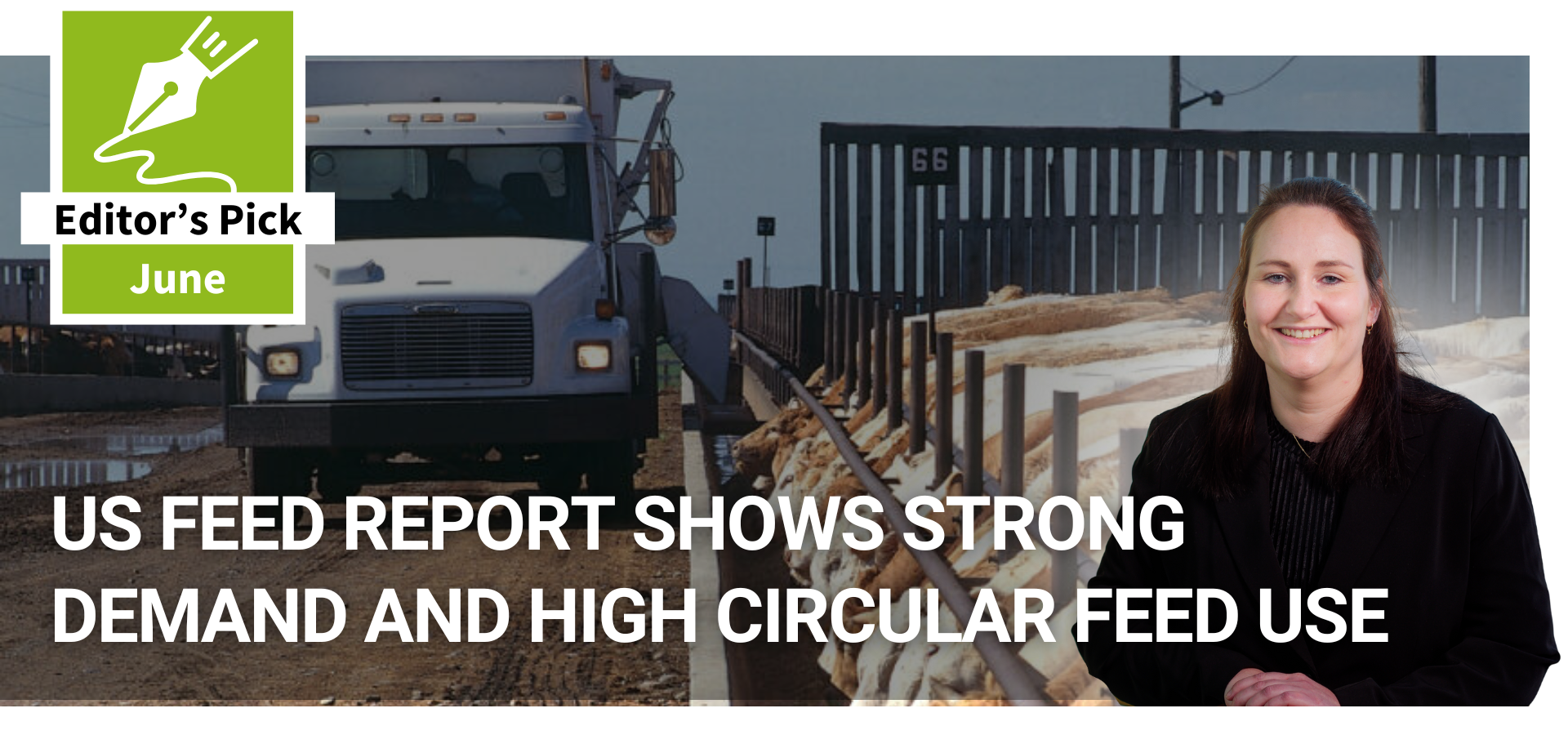Zearalenone in German sugar beet products

GMP+ International asks all GMP+ certified companies to be alert to possible zearalenone (ZEA) contamination of sugar beet pulp and sugar beet pellets from Germany.
The levels of zearalenone (ZEA) detected range between 0.08mg/kg up until 10.69 mg/kg.
Sugar beet pulp and sugar beet by-products are used in livestock diets. High levels of ZEA can be dangerous for animals and often lead to fertility problems or embryonic death. The safety levels of ZEA (maximum levels in mg/kg (ppm) derived to a moisture content of 12%) for feed material are:
- Sows and pigs: 0.75 mg/kg
- Young pigs: 0.3 mg/kg
- Young cattle and dairy cattle: 1.5 mg/kg
Dry weather conditions
The contaminated batches are harvested in Germany between September 2018 and January 2019. All customers of batches related to this report are informed, but it is unknown if other harvests of sugar beets are also affected. The cause of the contamination is still under investigation but potentially related to the extremely dry weather conditions in the last growing season and the regional infestation by insects (beet moth) on the beets causing fungal infestation and thus the formation of zearalenone.
Also check other batches
Currently only reports from sugar beet products in Germany are reported to GMP+ International, but GMP+ advises feed mills to also make a risk based assessment of sugar beet products from outside of Germany.
Source: GMP+











